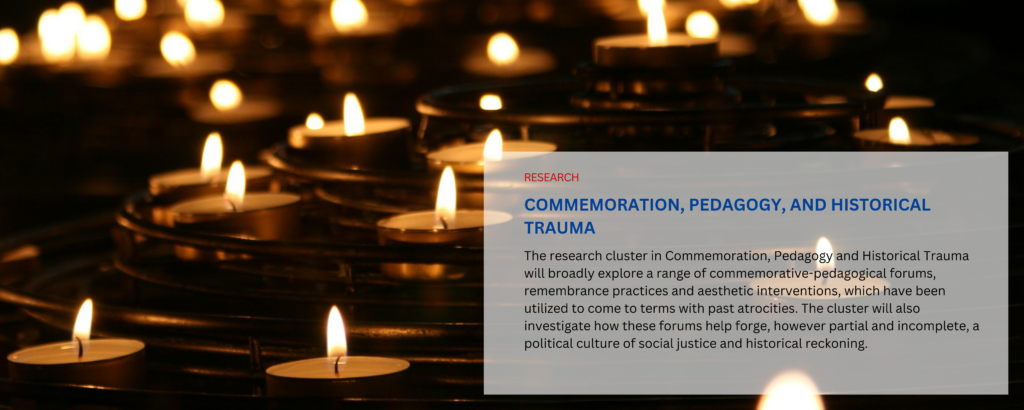The Robarts Centre is home to multiple research clusters covering a diverse range of topics that contribute to the field of Canadian studies.
Current research clusters include:

Black Canada provides a space for an integrated examination of the historical, cultural and various expressive productions of people of African descent in the Americas through the lens of Black Canada and four specific humanities and fine arts approaches: cultural studies, history, literature and music.

The Borealis Council provides leadership on scholarly Northern research and educational activities occurring within/at York University. The council focuses on “northern” regions, particularly those in the Canadian Arctic and Subarctic; to foster and facilitate northern scholarship and research through mentoring and supporting external research grant applications.

CIVIS: Urban Governance & Citizenship
Bringing together scholars and members of the community who are actively engaged in the consideration of urban governance in Canada.

Commemoration, Pedagogy, and Historical Trauma
This research cluster will broadly explore a range of commemorative-pedagogical forums, remembrance practices and aesthetic interventions, which have been utilized to come to terms with past atrocities.

Critical Perspectives on Mental Health (CPM)
CPM mobilizes and facilitates York research that critically examines mental health using social justice paradigms.

CYPIRN (Children and Young People Interdisciplinary Research Network)
We bring together scholars and members of the community who are actively engaged in research and scholarship with and pertaining to young people in Canada.

Providing a forum for students and faculty at York University studying aspects of the Canadian environment from a broad range of disciplinary perspectives including sciences, social sciences, humanities, fine arts, health, and engineering.
